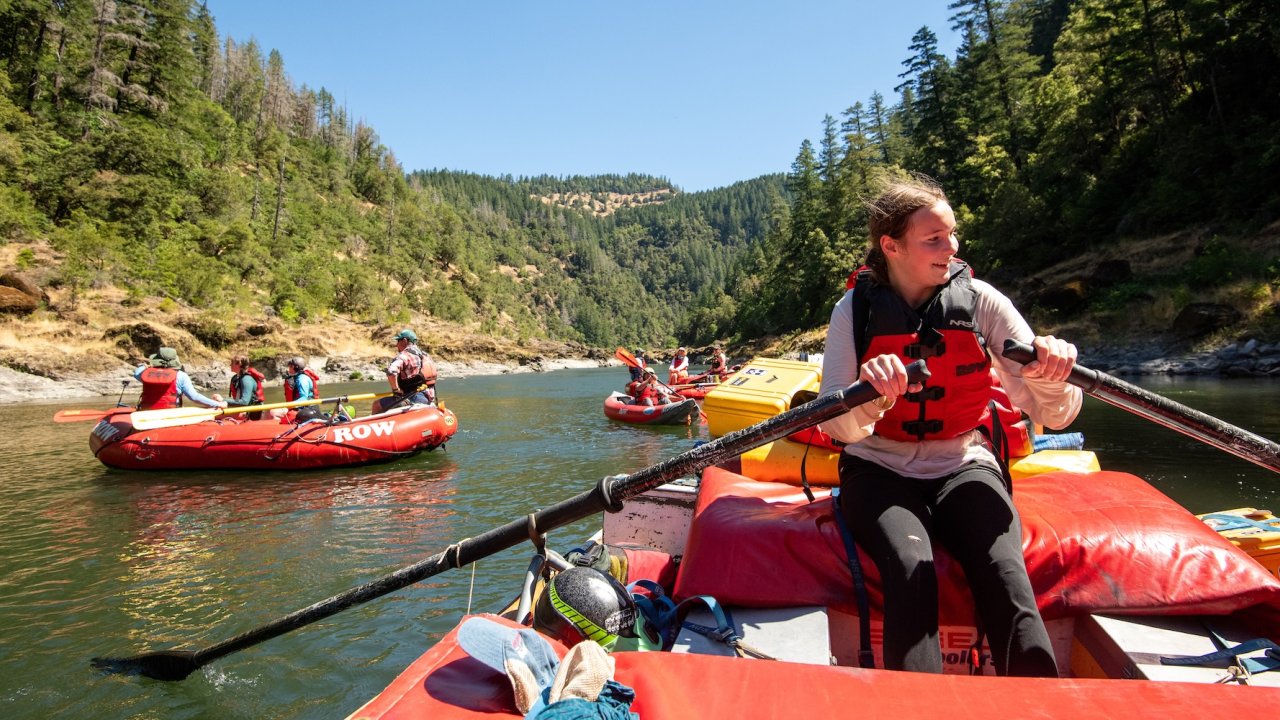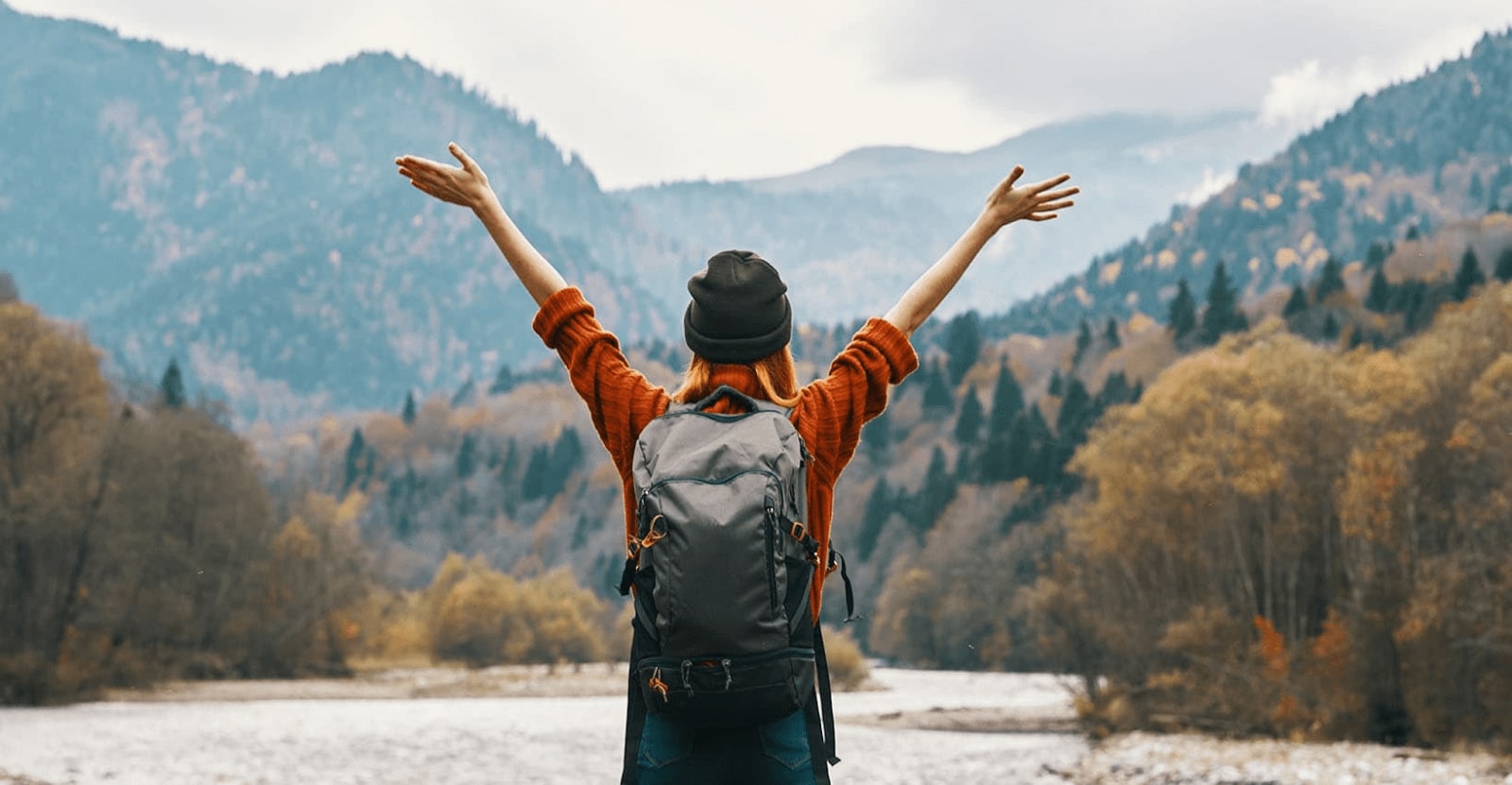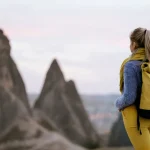In an increasingly fast-paced world filled with deadlines, digital noise, and daily stressors, recreation and travel serve as essential antidotes. Whether it’s a spontaneous weekend getaway to the countryside or a planned international adventure, travel and recreation rejuvenate the mind, body, and soul. More than just leisure, they contribute to personal growth, mental health, cultural understanding, and even physical wellness.
In this article, we’ll explore why recreation and travel are essential, how they differ and overlap, and how to get the most out of both—whether you’re a globe-trotter, a road tripper, or someone who simply enjoys a hike in your local nature reserve.
1. Defining Recreation and Travel
Recreation refers to any activity done for enjoyment, relaxation, or pleasure during free time. It encompasses a wide range of pursuits: hiking, cycling, sports, fishing, art, reading, yoga, and more. Recreation doesn’t necessarily require travel—though the two often go hand in hand.
Travel, on the other hand, is the act of moving from one place to another, usually for leisure, exploration, or cultural experience. Travel may be domestic or international and can range from a short trip to a nearby town to a year-long journey across continents.
When recreation and travel intersect—like in adventure tourism or wellness retreats—they create powerful opportunities for personal enrichment.

2. The Benefits of Recreation and Travel
A. Mental Health and Stress Relief
Both recreation and travel play a pivotal role in reducing stress, combating depression, and improving overall mental health. A walk in nature, for instance, has been scientifically proven to lower cortisol levels and improve mood. Similarly, escaping daily routines for a trip can reset your mind and give you fresh perspectives.
B. Physical Wellness
Activities like hiking, kayaking, skiing, or even city walking tours increase physical activity. Travel often promotes movement, helping people stay active while enjoying themselves.
C. Cognitive and Emotional Growth
Exploring new places and engaging in different cultures expands your worldview. It enhances empathy, flexibility, and creativity. Learning a few phrases in a foreign language or trying an unfamiliar dish fosters openness and adaptability.
D. Social Connection
Travel creates opportunities to meet new people—locals and fellow travelers alike. Recreation often involves group settings, whether it’s a pickup soccer game or a group yoga session, encouraging community and shared experiences.
3. Popular Forms of Recreational Travel
There are countless ways to combine recreation and travel. Here are a few popular niches:
A. Adventure Travel
This includes hiking, rock climbing, scuba diving, zip-lining, white-water rafting, and more. Destinations like Costa Rica, New Zealand, and Nepal are famous for adventure opportunities. Adventure travel is for those who crave adrenaline and physical challenge.
B. Ecotourism
This environmentally conscious form of travel focuses on natural areas and sustainability. Activities include birdwatching, wildlife photography, rainforest trekking, and conservation volunteering. It’s a great way to connect with nature while supporting eco-friendly initiatives.
C. Wellness and Retreat Travel
Wellness travel is on the rise, encompassing yoga retreats, meditation getaways, spa experiences, and detox programs. Countries like Thailand, India, and Bali are global hotspots for wellness seekers.
D. Cultural Exploration
Recreation isn’t always active. Visiting museums, attending local festivals, cooking classes, or learning traditional dances offers rich cultural experiences. Europe, Japan, and Morocco offer fantastic options for culture lovers.
E. Road Trips and Camping
Traveling by car and staying in tents or campervans provides a sense of freedom. It allows flexibility and a deeper connection to landscapes. Popular in the U.S., Canada, Australia, and parts of Europe, road trips offer a blend of adventure and serenity.
4. Planning a Recreational Trip: Key Tips
A. Choose Your Purpose
Decide if your trip is about relaxation, adventure, culture, or wellness. This will shape everything—from destination to activities and budget.
B. Pack Smart
Bring only what you need. For adventure travel, pack durable, lightweight gear. For wellness retreats, prioritize comfortable clothing and perhaps a journal or meditation tools.
C. Stay Flexible
While it’s important to plan, leave room for spontaneity. Some of the best travel memories happen unplanned—like discovering a hidden beach or chatting with a local over tea.
D. Respect Local Cultures
Learn a bit about local customs, especially when engaging in cultural or eco-tourism. Respect local norms and traditions, and travel responsibly.
E. Consider Off-Season Travel
Traveling during shoulder or off-seasons often means fewer crowds, lower prices, and more authentic experiences. It’s also less stressful and more sustainable.
5. The Rise of Digital Nomadism
One of the most significant shifts in recent years is the rise of the digital nomad lifestyle—where people work remotely while traveling. Cities like Lisbon, Bali, Medellín, and Chiang Mai have become hubs for remote workers who blend recreation and work seamlessly.
For digital nomads, recreation isn’t just a weekend activity; it’s a daily lifestyle. From morning surf sessions to evening mountain hikes, work-life balance is redefined.
6. Sustainability in Travel and Recreation
With the explosion of global tourism comes increased responsibility. Travelers and recreational enthusiasts must adopt sustainable practices:
-
Minimize plastic use
-
Support local businesses
-
Avoid overtourism hotspots
-
Choose eco-certified accommodations
-
Leave no trace in nature
Sustainable recreation ensures these beautiful experiences will be available for future generations.
7. Best Global Destinations for Recreation and Travel
Here are a few top destinations known for blending recreation and travel:
-
Switzerland – Hiking, skiing, paragliding, and mountain scenery.
-
Japan – Cultural immersion, onsen hot springs, hiking, and food experiences.
-
New Zealand – Adventure sports, road trips, nature reserves.
-
Costa Rica – Eco-tourism, surfing, ziplining, and volcano trekking.
-
Croatia – Island hopping, sailing, kayaking, and historical towns.
-
Canada – National parks, road trips, wildlife spotting, and winter sports.
8. Bringing It All Home
You don’t need to travel across the world to enjoy recreation. Exploring your local area, spending time in nature, or learning a new hobby can offer the same benefits. Start with a local hike, a bike ride through town, or a weekend camping trip. The important thing is to break routine and reconnect—with yourself, others, and the world around you.

Conclusion
Recreation and travel are far more than luxuries—they are essential aspects of a balanced, fulfilling life. In combining movement, exploration, learning, and relaxation, they open the door to new experiences, richer relationships, and greater well-being. Whether you’re lounging on a tropical beach, hiking up a snowy mountain, or learning to make pasta in an Italian village, every journey—big or small—adds value to your life.
In the end, the world is a playground. Go out and explore it.


